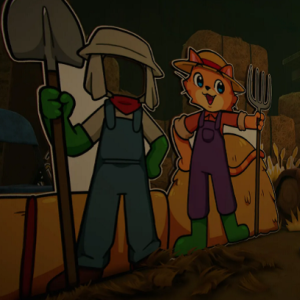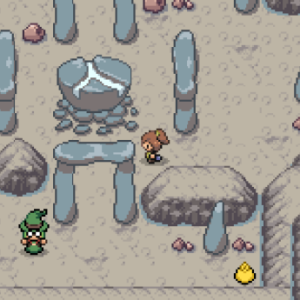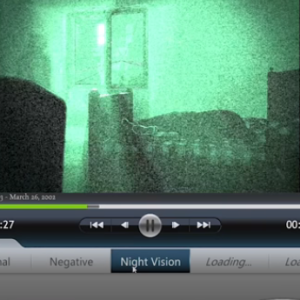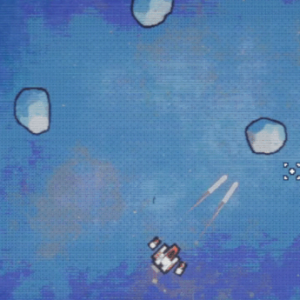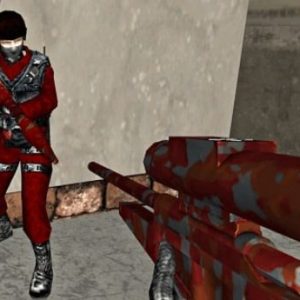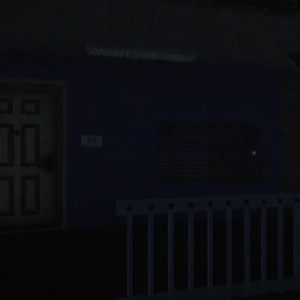Similiar games
Giggleland Demo invites players to follow the journey of Tolie as she enters the park on a personal mission to find her missing father. What begins as a cheerful visit quickly shifts into something deeper and more complex. The game’s setting is a vibrant, organized amusement park that hides more than it reveals at first glance. Tolie interacts with cheerful workers and smiling mascots, but there’s a quiet tension beneath the surface. Players must pay close attention to their surroundings, because every sign, sound, and symbol may be important later.
Exploring the Attractions
The game world is built around interconnected zones, each with its own theme and set of puzzles. Movement through Giggleland is nonlinear, allowing players to choose how they engage with each attraction. As Tolie advances, she discovers areas that reflect both joy and unease, creating a contrast that fuels the story. Exploration rewards observation and persistence.
Activities Within the Park
While navigating Giggleland, players can expect to encounter a range of interactive features:
- Puzzles that require logic, memory, or timing
- NPCs with scripted behavior that changes subtly over time
- Hidden paths and restricted zones
- Signs and voiceovers offering both clues and warnings
- Collectible notes and items tied to the backstory
- Emotion-based choices that affect future progression
Uncovering Deeper Meaning
Giggleland Demo doesn’t rely solely on mystery for its appeal. Beneath the colorful visuals and cheerful music is a story about loss, control, and the search for truth. Tolie’s journey is both external and internal, reflecting her emotional struggle to reconnect with someone important. The park’s rules and constant surveillance raise questions about how far people will go to maintain order and appearances. Each attraction adds another layer to the underlying message, making the experience more than just a puzzle game.
The Rules Never Change
As the story progresses, the park’s tone shifts from welcoming to uncanny. Friendly slogans begin to sound more like commands. Mascots become less helpful and more cryptic. Even though the game remains visually playful, the atmosphere becomes heavier. This duality makes Giggleland Demo stand out—it encourages players to question everything around them while moving forward through increasingly challenging environments. The game builds suspense without requiring speed or combat, focusing instead on quiet unease and personal discovery.


